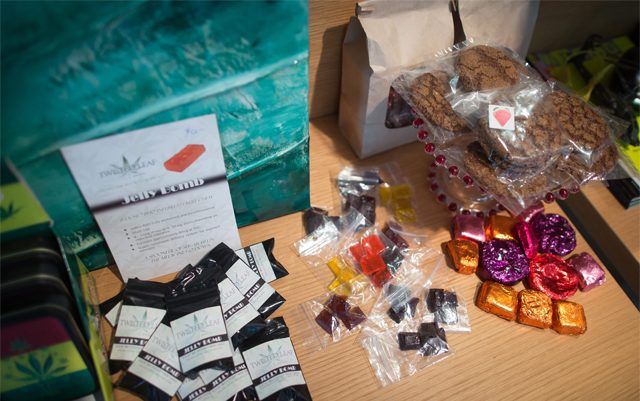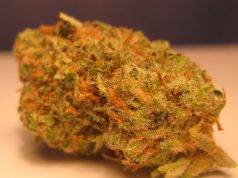A recent financial report indicates that Canada’s legal market for infused products could be worth $2.7 billion per year, with edibles generating about $1.6 billion in sales, according to a report from Global News.
The consulting firm Deloitte provided the estimate, suggesting that edibles will lead market sales of cannabis products that won’t be smoked or vaporized. The number that they gave was $1.6 billion per year. The report projects that Canadians will spend $529 million on cannabis-infused drinks, while topicals, concentrates, tinctures and capsules would combine for more than $400 million in sales.
Jennifer Lee, of Deloitte Consulting, says that the market increase would likely come from new cannabis-infused delectables bought by those who are curious of the relatively new products, calling them “cannabis curious consumers”.
“The introduction of cannabis-infused edibles will clearly threaten the alcohol industry as consumers are using the product for similar usage occasions,” Lee said.
This report comes as a bit of a surprise to those with their fingers on the pulse of the Canadian cannabis market. Since legalization was passed nationwide in the Great White North, there have been several sensational news stories published about how children were “rushed” to the hospital after ingesting cannabis edibles. Like many of the times when we hear these sensationalist headlines, there was no real danger, and the children in that particular story were said to have “had no particular symptoms”.
Many legal cannabis companies in Canada are preparing for the normalization and potential widespread use of edibles as an alternative to smoking. Aurora Cannabis is one of those companies, and they think that vaporizing and edibles will end up being the bulk of the legal cannabis market in Canada.
Along with the passing of nationwide legal cannabis in the country, Canadian lawmakers drafted rules for alternative products last year. These rules included what is allowed for THC-per-serving caps, and established standards for packaging, additives and delivery.
As rules and regulations are worked out up in Canada, entrepreneurs and cannabis professionals here in the U.S. should definitely be taking notes. Just as California was the first state to legalize medical cannabis, and Colorado was the first to legalize recreational, the entire country of Canada could serve as a jumping off point for nationwide legalization and increased cannabis freedom here in the U.S.






